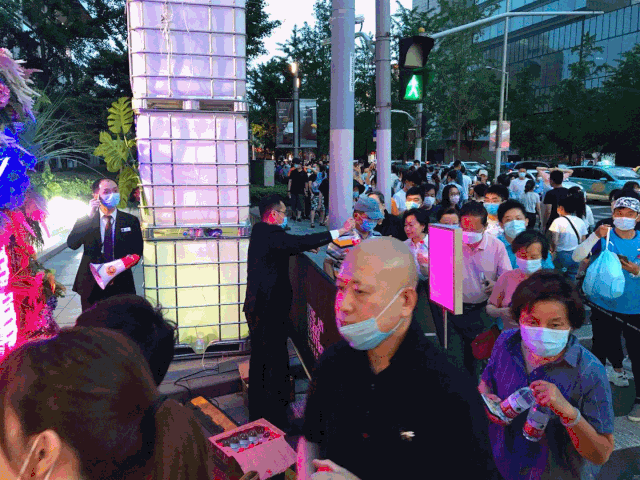What happened
The Chinese government chose not to set a GDP goal this year — only one in a series of moves to reinvigorate the national economy. Most recently, the government implemented policies that encourage consumers to shop at night and also become street vendors.
Since the COVID-19 pandemic, the economy has been on a dip leading local government officials to devise new ways to stimulate employment and encourage spending. During ‘Two Sessions’ — the National People’s Congress and Chinese People's Political Consultative Conference — Premier Li Keqiang championed the ‘street vendor economy.’ This has been greeted positively by several cities including Shanghai, Nanjing, Qingdao, and Chengdu.
Elsewhere, the Shanghai Municipal Government responded with a Double 6 Nightlife Festival to encourage activity at night, from shopping to entertainment. Local department stores have been equally receptive: from extended opening hours to the launch of Kerry Center’s month-long ‘Anyi Weekend Night Market’ in June.

The Jing Take
Street vendors are known as the target of urban management officials, who would often harass them and confiscate their belongings for damaging ‘urban beautification’. But, times have truly changed. In a new normal, China’s policy changes seek to upgrade the street vendor economy.
At this current time, consumer spending is the only safe bet the central government can count on. Two out of three pillars of the national economy, export and property investment, are currently on hold. Brands should harness this move and see it as an opportunity. While luxury players may not want to sell $3,000 handbags on the street, collaborations with mall owners or local governments to tap footfall might yield unexpected results during the day. The current climate requires brands to embrace innovation and open-minded thinking to recuperate in the Chinese market.
The Jing Take reports on a piece of the leading news and presents our editorial team’s analysis of the key implications for the luxury industry. In the recurring column, we analyze everything from product drops and mergers to heated debate sprouting on Chinese social media.
